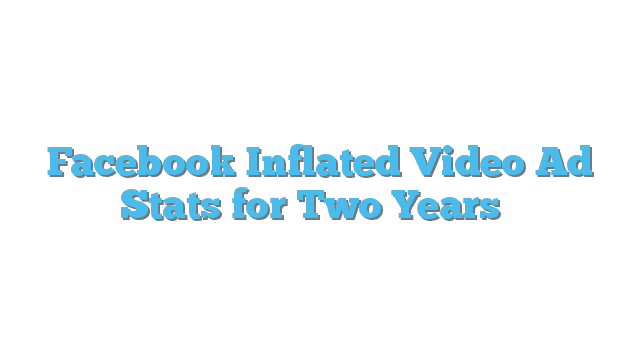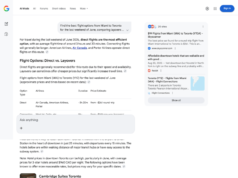According to the Wall Street Journal, ad agencies were first alerted to the problem when Facebook wrote a post in its Advertiser Help Centre saying it was introducing a new metric measuring time watched after realizing that its previous measure only counting views lasting more than 3 seconds, the time a video must be seen to count as a view.
Following inquiries from agencies, the social network disclosed that this could have inflated average viewing time by between 60% and 80%.
In a statement, Facebook said: “We recently discovered an error in the way we calculate one of our video metrics. This error has been fixed, it did not impact billing, and we have notified our partners both through our product dashboards and via sales and publisher outreach.
“We also renamed the metric to make it clearer what we measure. This metric is one of many our partners use to assess their video campaigns.”
Media companies, many of which have invested heavily in Facebook as a platform for video, are also affected, meaning many of their calculations about how content performs on the platform will be inaccurate.
However, ad buyers are particularly displeased as the information will have impacted how they chose where to spend money online.
In a memo obtained by the WSJ, global advertising group Publicis told its clients that the new metric Facebook had created was an attempt to distract from its previous error.
It said: “In an effort to distance themselves from the incorrect metrics, Facebook is deprecating [the old metrics] and introducing ‘new’ metrics in September. Essentially, they’re coming up with new names for what they were meant to measure in the first place.”
Despite enthusiasm for Facebook’s rapidly growing audience for video, some had already expressed concerns about the way the company counted views, which autoplay in users’ news feeds.
© 2016 Guardian Web
syndicated under contract with NewsEdge. -.







